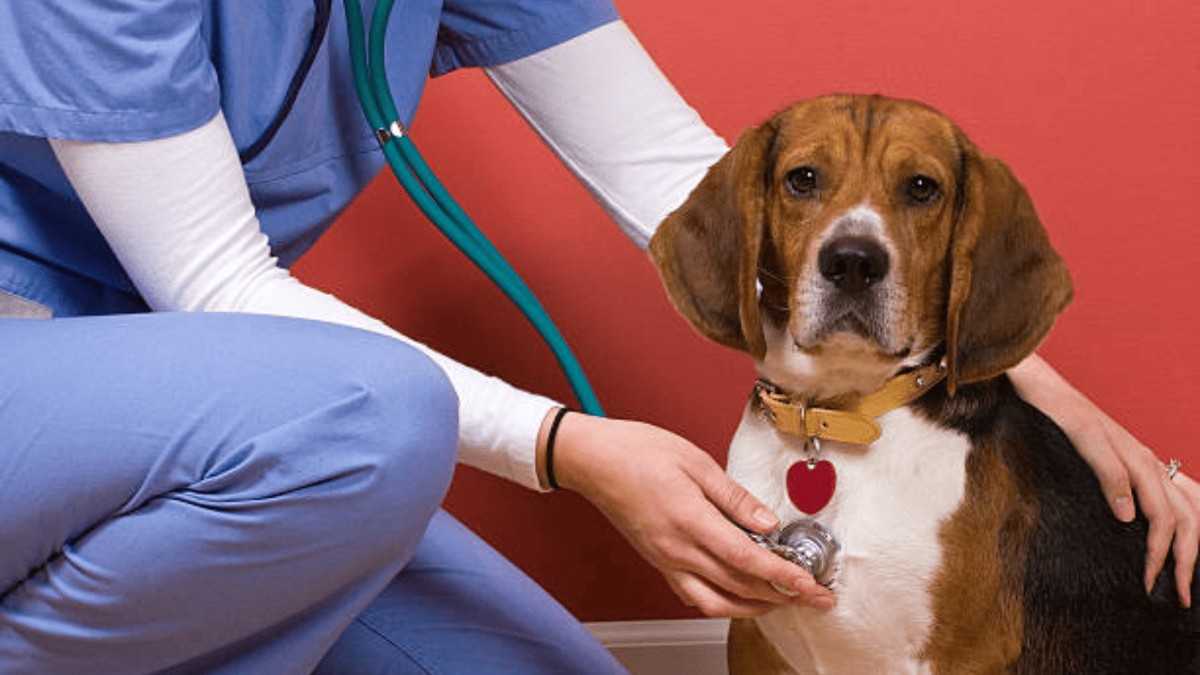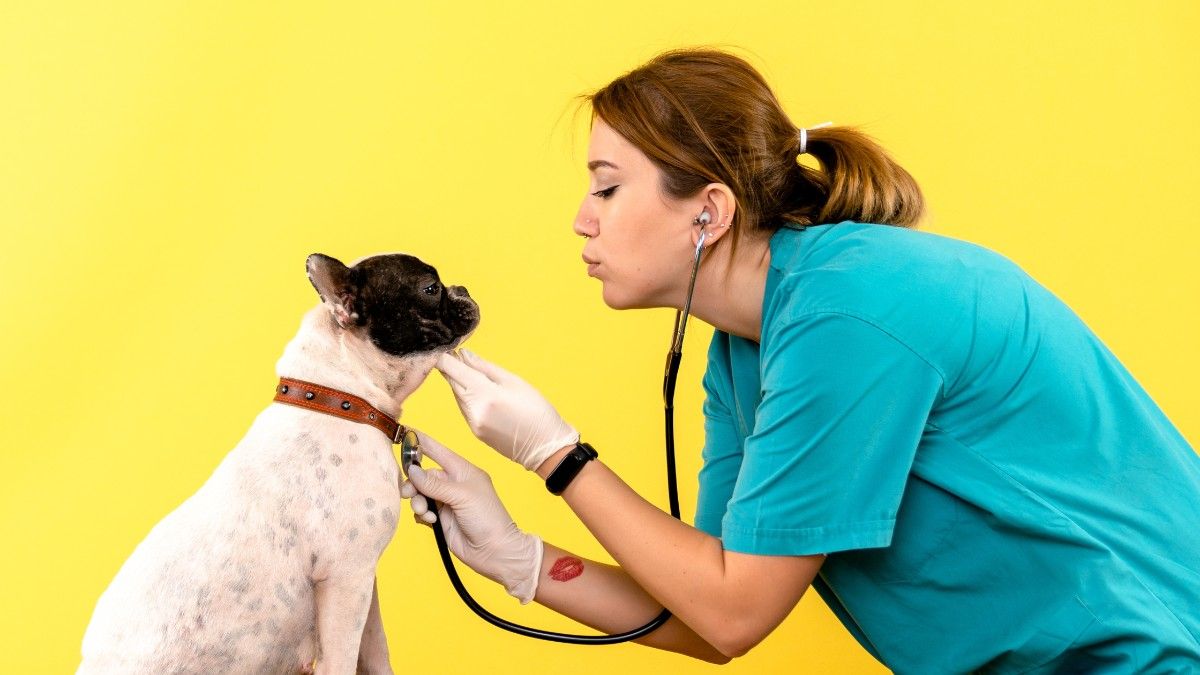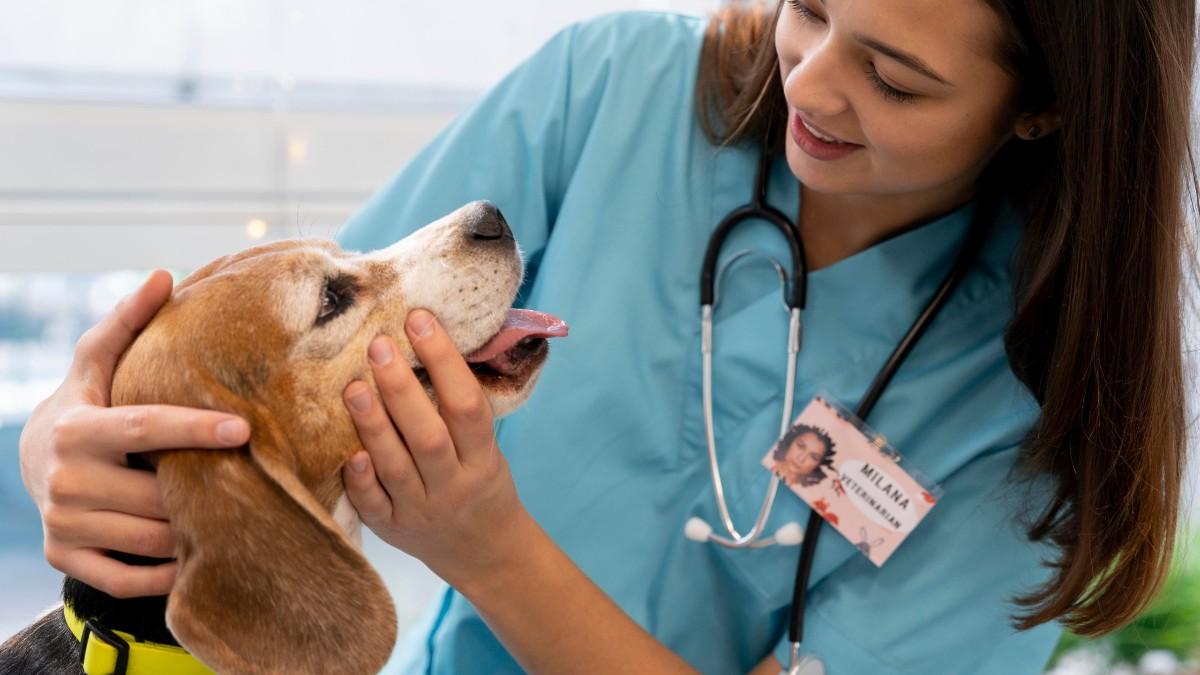Common Dog Health Issues and Solutions
Common Dog Health Issues and Solutions are essential to understand for every pet parent who prioritizes their furry companion’s well-being. Just like humans, dogs can encounter various health challenges throughout their lives. Being able to recognize the signs of these common issues and addressing them promptly can significantly improve your dog’s quality of life. This guide explores the most frequent health problems in dogs and provides practical tips to ensure your loyal companion stays happy and healthy.
Understanding Your Dog’s Health Needs
Before diving into specific issues, it’s essential to understand your dog’s overall health requirements:
- Balanced Diet: Ensures optimal nutrition for growth, energy, and immunity.
- Regular Exercise: Keeps muscles strong, supports heart health, and prevents obesity.
- Routine Vet Checkups: Early detection of potential problems.
- Vaccinations: Protects against common diseases like rabies and parvovirus.
- Preventative Care: Includes dental hygiene, flea/tick prevention, and deworming.
Common Dog Health Issues and How to Address Them
1. Obesity
- Problem: Overweight dogs are at risk of diabetes, joint problems, and heart disease.
- Signs: Difficulty moving, heavy breathing, and visible weight gain.
- Solutions:
- Feed portion-controlled meals based on your dog’s age, size, and activity level.
- Incorporate daily exercise like walks or playtime.
- Choose low-calorie, high-nutrient dog foods.
2. Dental Disease
- Problem: Poor oral hygiene can lead to gum infections, bad breath, and tooth loss.
- Signs: Bad breath, difficulty eating, and swollen gums.
- Solutions:
- Brush your dog’s teeth regularly using dog-specific toothpaste.
- Provide dental chews or toys that reduce plaque buildup.
- Schedule annual dental checkups with your vet.
3. Fleas and Ticks
- Problem: These parasites cause itching, skin infections, and can transmit diseases.
- Signs: Excessive scratching, visible fleas/ticks, and irritated skin.
- Solutions:
- Use vet-recommended flea and tick preventatives like collars, sprays, or oral medications.
- Regularly check your dog’s coat, especially after outdoor activities.
- Keep your home and yard clean to minimize infestations.
4. Ear Infections
- Problem: Dogs with floppy ears or allergies are prone to ear infections.
- Signs: Head shaking, ear odor, redness, or discharge.
- Solutions:
- Clean your dog’s ears weekly with a vet-approved ear cleaner.
- Avoid water entering the ears during baths or swimming.
- Consult a vet if symptoms persist for appropriate treatment.
5. Skin Allergies
- Problem: Allergies can result from food, environmental factors, or contact irritants.
- Signs: Itchy skin, redness, rashes, or frequent licking.
- Solutions:
- Identify and eliminate allergens, such as certain foods or cleaning products.
- Use hypoallergenic dog shampoos and grooming products.
- Consult a vet for allergy testing and possible medications like antihistamines.
6. Arthritis and Joint Pain
- Problem: Common in older or larger breeds, arthritis affects mobility and comfort.
- Signs: Stiffness, limping, or reluctance to move.
- Solutions:
- Provide joint supplements like glucosamine and chondroitin.
- Maintain a healthy weight to reduce joint stress.
- Offer orthopedic beds and ramps to make movement easier.
- Consult your vet for pain management options.
7. Digestive Issues
- Problem: Upset stomachs can be caused by dietary changes, infections, or eating something inappropriate.
- Signs: Vomiting, diarrhea, or loss of appetite.
- Solutions:
- Feed a bland diet (boiled chicken and rice) for mild stomach upsets.
- Ensure your dog has access to clean drinking water.
- Seek veterinary advice if symptoms persist or worsen.
8. Urinary Tract Infections (UTIs)
- Problem: UTIs are common in dogs and can cause discomfort or more serious kidney issues.
- Signs: Frequent urination, straining, or blood in urine.
- Solutions:
- Ensure your dog stays hydrated.
- Provide frequent bathroom breaks to prevent holding urine too long.
- Visit your vet for antibiotics and a proper diagnosis.
9. Heartworm Disease
- Problem: A potentially fatal disease spread by mosquitoes.
- Signs: Coughing, fatigue, and difficulty breathing.
- Solutions:
- Administer monthly heartworm preventatives prescribed by your vet.
- Schedule regular heartworm tests.
- Treat infections promptly to prevent severe complications.
10. Cancer
- Problem: Common in older dogs, cancer can manifest in various forms.
- Signs: Lumps, weight loss, or behavioral changes.
- Solutions:
- Conduct regular checks for unusual lumps or growths.
- Maintain a healthy diet and weight to reduce risks.
- Seek immediate veterinary care for early diagnosis and treatment options.
Preventative Measures for Dog Health
Preventative care is key to ensuring a long and happy life for your dog. Here are some tips:
- Regular Vet Visits: Schedule annual checkups to detect issues early.
- Vaccinations and Parasite Control: Stay up-to-date with shots and preventative medications.
- Balanced Diet and Hydration: Feed high-quality dog food and provide fresh water daily.
- Exercise and Mental Stimulation: Keep your dog active and engaged to prevent obesity and boredom.
- Proper Grooming: Regular grooming reduces skin issues and keeps your dog’s coat healthy.
When to See a Vet
While some issues can be managed at home, certain symptoms require professional attention:
- Persistent vomiting or diarrhea.
- Sudden weight loss or lethargy.
- Difficulty breathing or persistent coughing.
- Visible signs of pain or discomfort.
- Changes in behavior or appetite.
Final Thoughts
Understanding common dog health issues and their solutions empowers you to be a proactive and responsible pet parent. By providing proper care, a balanced diet, and regular vet visits, you can help your dog live a healthy, joyful life. Remember, the earlier you detect and address potential health problems, the better the outcome for your furry friend.
Frequently Asked Questions (FAQs)
Q1. What are the most common health problems in dogs?
Common issues include ear infections, skin allergies, dental disease, obesity, worms, and arthritis.
Q2. How can I tell if my dog is in pain or sick?
Watch for signs like loss of appetite, lethargy, limping, vomiting, diarrhea, or behavioral changes.
Q3. What causes skin allergies in dogs?
They can be triggered by fleas, food sensitivities, environmental allergens (like pollen), or chemicals in grooming products.
Q4. How do I prevent dental problems in my dog?
Brush their teeth regularly, offer dental chews, and schedule professional cleanings with your vet.
Q5. Is obesity a serious issue for dogs?
Yes. Obesity increases the risk of diabetes, joint issues, heart disease, and reduces your dog’s lifespan.



Post Comment